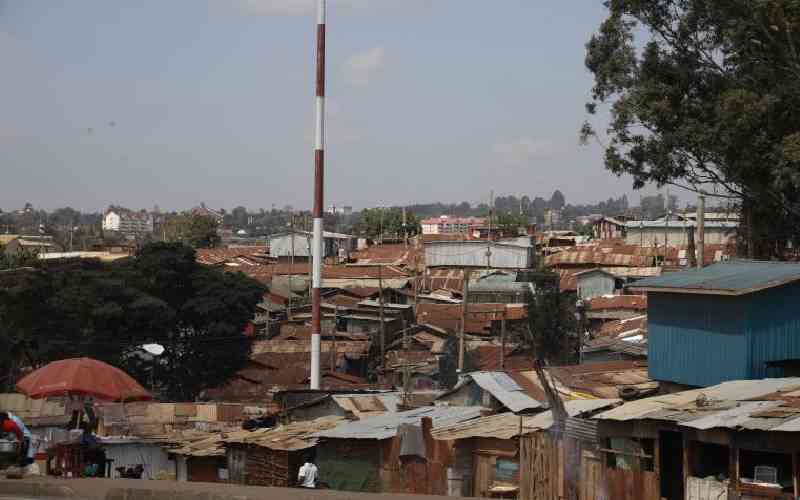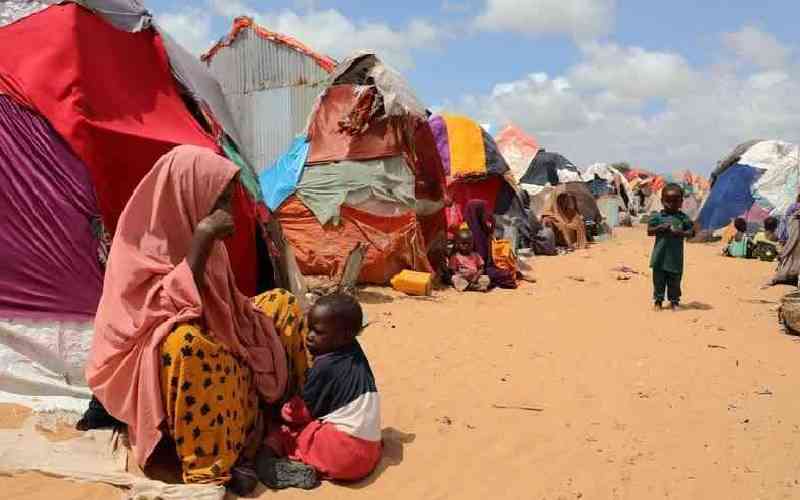World Bank has announced Sh10.6 billion ($122m) grant to support Intergovernmental Authority on Development (Igad) initiative to improve livelihoods of pastoralists in the regional block.
The grant provided under the bank’s Regional Pastoral Livelihoods Resilient project will see Kenya receive the biggest share of Sh6.7 billion ($77m) while the rest share out the remainder.
Of the remainder $40 million is for Uganda while $5 million is for Igad. The grant is expected to assist member countries of Igad to improve the livelihoods of their pastoralist communities.
World Bank Africa Region Director of Regional Integration Colin Bruce told journalists in Nairobi that the funds would support pastoral communities to enhance their mobility so that they can better respond to drought.
The Bank Group’s Board of Executive Directors approved the project, prepared jointly by Igad and the World Bank Group, on March 18, 2014. This was in response to needs assessment conducted by the Bank Group, Igad and other partners following the 2011 drought emergency in the Horn of Africa.
Enhancing mobility
“This project will focus on supporting pastoral and agro-pastoral communities by enhancing their mobility and strengthening their livelihood base to allow them to better respond to the risks that they face, especially drought,” said Bruce.
Pastoralism is a key way of life in the arid and semi-arid areas of the Horn of Africa, representing more than 60 per cent of the total area in this region. Many pastoralists live in remote and underserved areas and rely on mobility to take advantage of transient availability of water and feed for grazing.
Successive drought crises have impoverished the natural resource base in these areas, and climate change is expected to intensify the frequency and magnitude of these droughts.
Bruce explained that the project would therefore focus on strengthening preparedness and sustainable development for these communities, whereas funds have historically been more readily available for emergency response.
Secondly, he disclosed, the project embodies a regional approach and will provide a building block for the World Bank Group’s Horn of Africa Initiative, which is under development and operational lessons for our Sahel Strategy.
He noted that past experiences in the dry lands of West, Central and East Africa have shown that national approaches are not sufficient to build pastoralists’ resilience because of the cross-border dimensions of pastoralist mobility, market linkages, natural resource management, disease surveillance and conflict.
During project preparation, Igad worked with officials from Ethiopia, Kenya, South Sudan and Uganda to define project interventions with regional dimensions.
This process has brought together policy makers with on-the-ground practitioners. It provides a framework to facilitate cross-border discussion and action, a framework that Ethiopia and South Sudan have expressed interest to join in subsequent phases.
Stay informed. Subscribe to our newsletter
 The Standard Group Plc is a
multi-media organization with investments in media platforms spanning newspaper
print operations, television, radio broadcasting, digital and online services. The
Standard Group is recognized as a leading multi-media house in Kenya with a key
influence in matters of national and international interest.
The Standard Group Plc is a
multi-media organization with investments in media platforms spanning newspaper
print operations, television, radio broadcasting, digital and online services. The
Standard Group is recognized as a leading multi-media house in Kenya with a key
influence in matters of national and international interest.
 The Standard Group Plc is a
multi-media organization with investments in media platforms spanning newspaper
print operations, television, radio broadcasting, digital and online services. The
Standard Group is recognized as a leading multi-media house in Kenya with a key
influence in matters of national and international interest.
The Standard Group Plc is a
multi-media organization with investments in media platforms spanning newspaper
print operations, television, radio broadcasting, digital and online services. The
Standard Group is recognized as a leading multi-media house in Kenya with a key
influence in matters of national and international interest.








